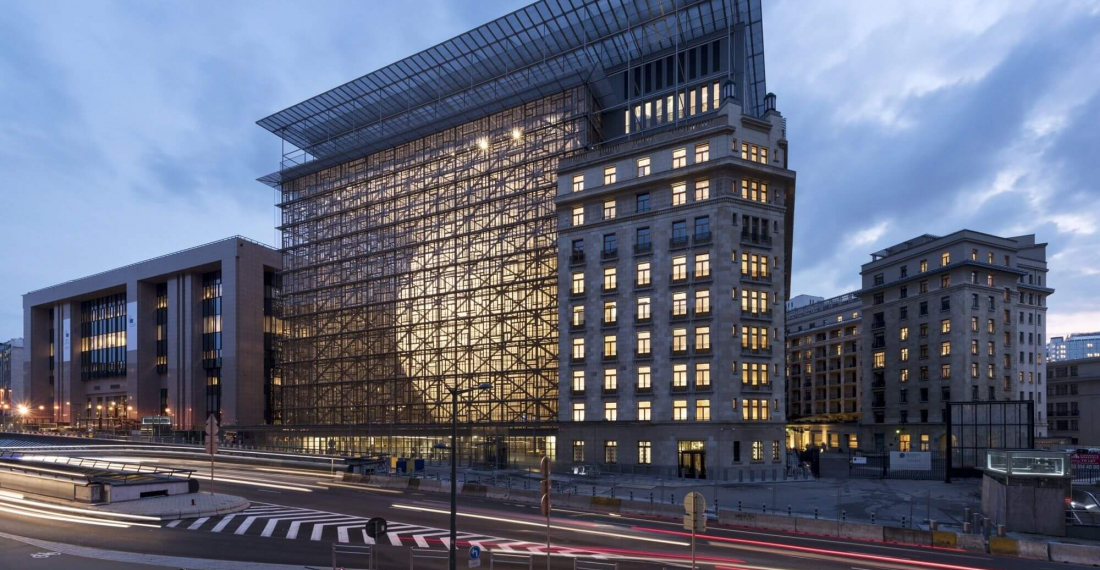A meeting of the leaders of the 27 member states of the European Union takes place in Brussels on Thursday and Friday (24-25 June), and on the agenda are a number of issues related to EU foreign policy including relations with Turkey and Russia. The leaders, collectively called the European Council, will also review the implementation of their recent decisions on Belarus. The Council is also expected to adopt conclusions on Libya, the Sahel and Ethiopia.
Many of the issues have been under consideration for many months, if not more. On Russia, the EU leaders need to decide how to continue their engagement with the country whilst at the same time as showing their displeasure at its actions - domestically, in its relations with its neighbours, and globally.
With Turkey, the Council will hear a report from the High Representative on Foreign and Security Policy, who will outline a plan for future strategy with a country that is simultaneously a candidate member of the EU, a military ally in NATO, and sometimes a difficult neighbour.
On migration, the EU leaders will take stock of the situation on the various routes focusing on the external dimension, with the aim of strengthening co-operation with countries of origin and transit. The Council is seeking to mandate action that will deliver results rapidly. This topic is also related to the issue of relations with Turkey.
The EU leaders during their meeting will also meet the Secretary-General of the United Nations, Antonio Gutteres. The EU as a supporter of multilateral diplomacy, is keen to support Gutteres as he starts his second term as head of the UN system following his recent re-election.
source: commonspace.eu







